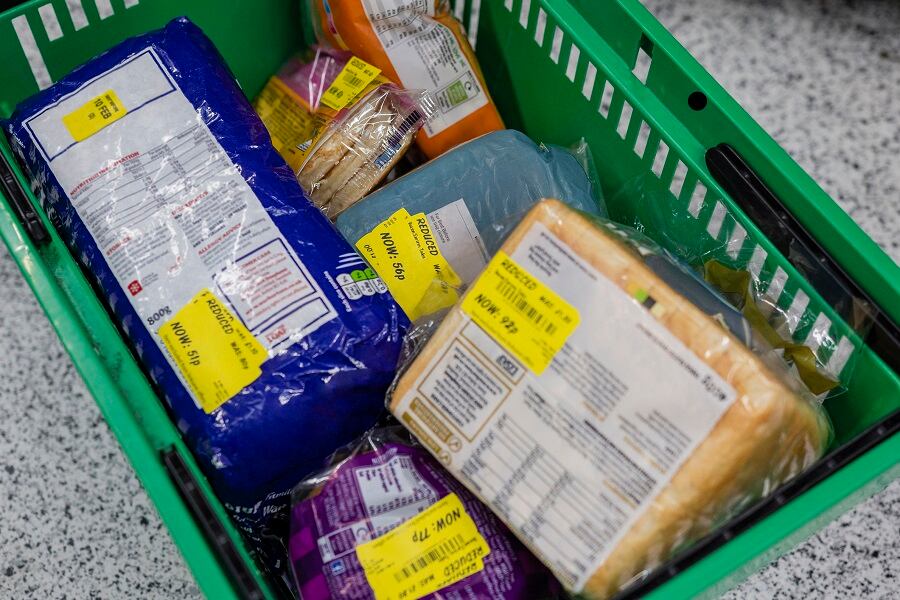As consumers continue to feel financially pinched from rising grocery costs, which is up 13% year-on-year, according to Retail Insight, many are focused on reducing waste to save money and protect the environment. The survey found that 43% of shoppers are buying food when they need to in effort to reduce waste, while 33% are shopping at discounted grocery stores for near-expired food, helping retailers minimize the 119 billion pounds of food waste a year in the United States.
Using cognitive technology and Retail Insight's marketing expertise, its WasteInsight platform helps retailers manage perishable inventory through real-time mark downs. The company reported saving retailers $500m in gross profit improvement and 125,000 tons of CO2 emissions.
“It creates a bespoke price that optimizes the chance of that product to sell through and maximizes the product margin capture to find the sweet spot and to drive retail value and consumer satisfaction,” Boyle elaborated.
The price of an item is based on a variety of factors, including time of day, year, weather, store demographics, product inventories, recent waste performances in certain lanes and categories. WasteInsight streamlines these variables into an automated process for retailers.
“It allows for real-time, instantaneous price optimization across every product and every store all through the scan on an item’s barcode,” he added.
This is particularly valuable, as it “takes some of the thinking away from colleagues and associates who are not qualified,” reducing subjectivity, and creates an automated process that optimizes both price and shelf-life status.
Boyle cites 42% of North American retailers use dynamic markdowns—price reductions based on real-time demand and inventory data, as opposed to static markdowns, which adhere to fixed schedules—which is a “huge amount of wasted space opportunity.”
“What we’re taking is a scientific approach that takes all of the data across all the stores across that retailer and optimizing that price…so rather than relying on an individual on a given day to mark the product down by 15% or 50%, it shouldn’t be the responsibility of an individual—it should be governed by a process and by a simple technological solution to drive compliance and drive execution,” he emphasized.
The benefit of WasteInsight, Boyle said, is its dual optimization between sale and profit, allowing for retailers to use different metrics based on what they want to drive, whether it’s ensuring minimal produce waste or recovering margins.
As retailers continue finetuning ESG strategies by reviewing the complexities of affordability, sustainability and food waste reduction against supply chain struggles, inflation, interest rate hikes, and a higher cost of living, they “need simple execution, a simple concept and simple initiatives to help balance” these initiatives, Boyle added.
[Editor's Note: This story has been edited on Oct. 12 to clarify that Retail Insight integrates both market expertise with cognitive technology.]



